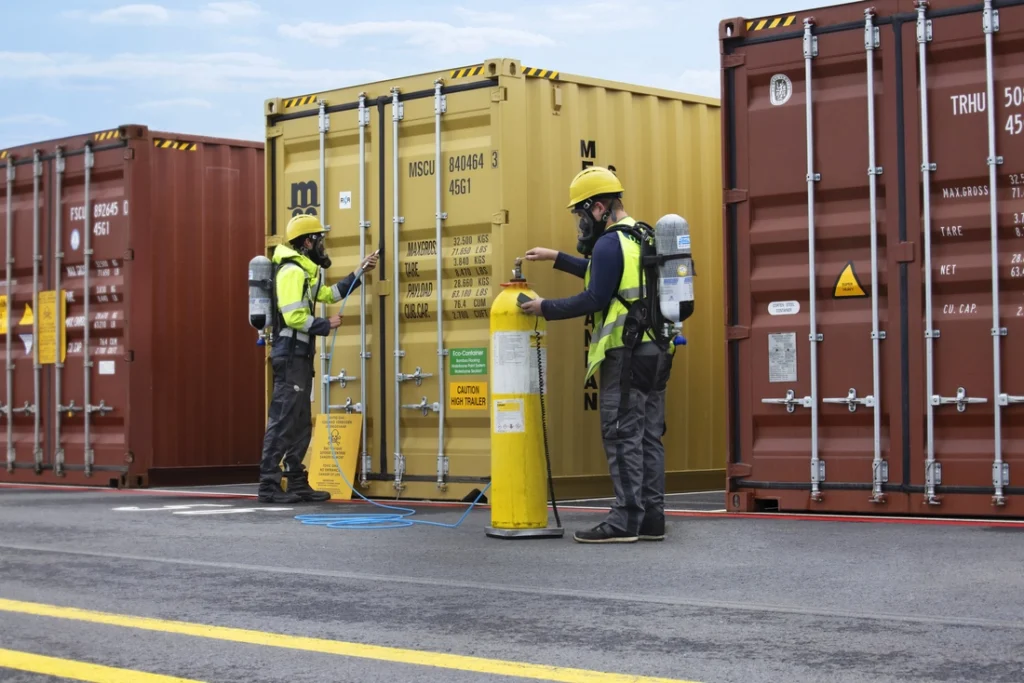Container Shipping a Sustainable Solution for Forest Product Exports
Container shipping has emerged as a pivotal solution for the sustainable export of forest products, addressing the growing need for efficient, environmentally-friendly transportation methods. As global demand for wood and other forest products rises, the shipping industry is increasingly focusing on reducing its environmental footprint while enhancing logistical efficiency. One of the key advantages of container shipping lies in its ability to streamline the transportation process. By utilizing standardized containers, forest products can be packed more efficiently, optimizing space and minimizing waste. This method allows for greater volumes of timber, paper, and other forest-derived materials to be transported simultaneously, reducing the number of trips required and thus lowering greenhouse gas emissions. Furthermore, the use of intermodal transport combining sea, rail, and road transport ensures that products can move seamlessly from production sites to end-users, cutting down transit times and enhancing overall supply chain efficiency.

Sustainability in shipping is not just about reducing emissions; it also encompasses responsible sourcing and management practices. Many shipping companies are increasingly adopting practices that promote the sustainable harvest of forest resources. This includes partnering with certified sustainable forestry organizations, which ensures that exported products are sourced from well-managed forests that maintain biodiversity and support local communities. Such collaborations not only enhance the credibility of the products being exported but also contribute to the conservation of vital ecosystems. Moreover, the shift toward digitalization in the shipping industry plays a significant role in promoting sustainability. Advanced tracking Container shipping for forest products and monitoring systems allow for better management of shipping routes and logistics, reducing delays and inefficiencies. These technologies enable companies to make data-driven decisions that optimize resource usage and minimize the environmental impact of shipping operations.
Container shipping also offers a more sustainable alternative to traditional bulk shipping methods, which often involve higher fuel consumption and greater emissions. The adoption of cleaner fuels, such as LNG liquefied natural gas, and the development of more energy-efficient vessels further enhance the sustainability of container shipping. These innovations not only help meet regulatory requirements but also align with the global push toward carbon neutrality. Container shipping represents a sustainable solution for the export of forest products, effectively balancing efficiency with environmental responsibility. By optimizing logistics, promoting responsible sourcing, embracing digital advancements, and investing in cleaner technologies, the shipping industry can significantly contribute to the sustainable management of forest resources. This holistic approach not only meets the demands of a growing global market but also ensures the preservation of vital ecosystems for future generations.
